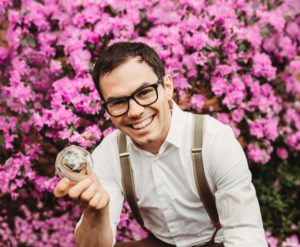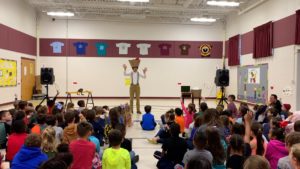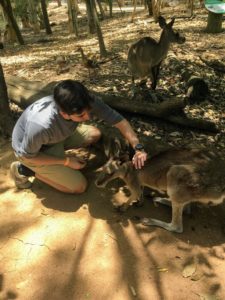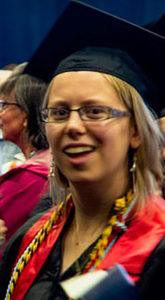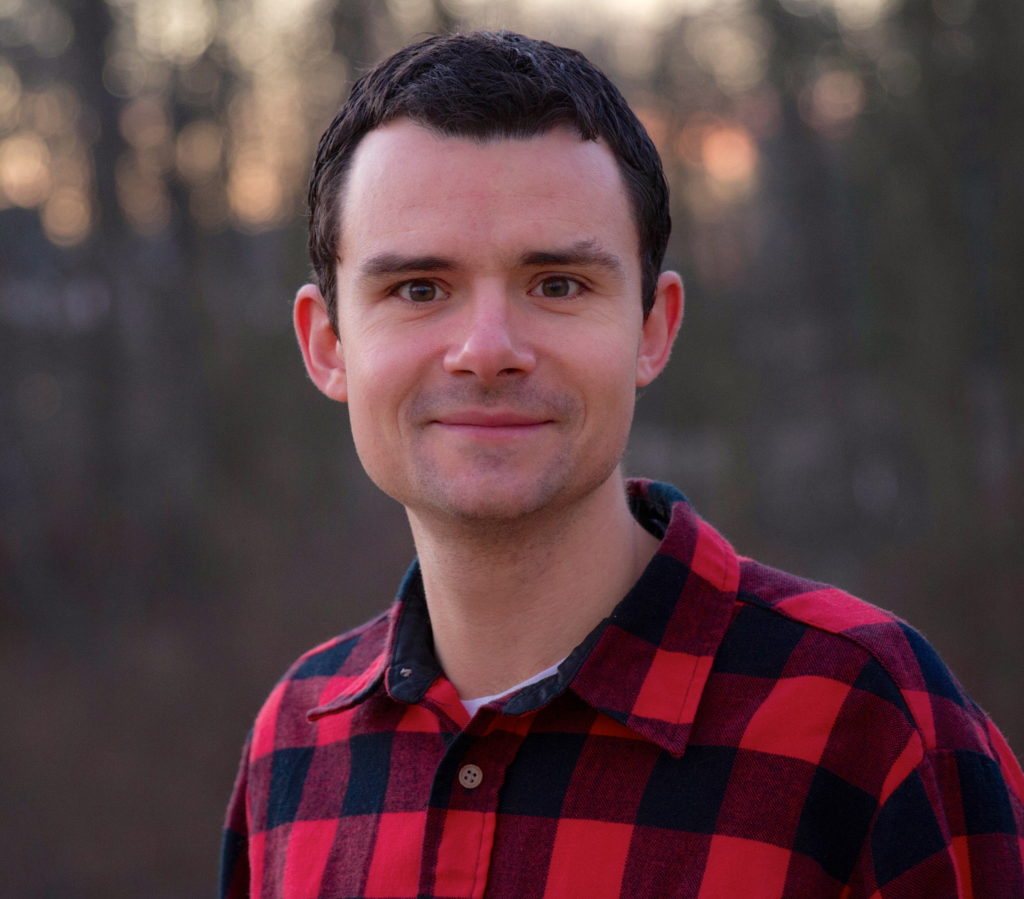It’s not every day that a city names a day after a children’s book author. But Pittsburgh Mayor Bill Peduto declared December 8, 2019, Kate Dopirak Day as her fellow writers came together to hold a children’s book festival in her honor.
Kate’s Kid Book Bash, held inside the Ace Hotel in Pittsburgh, was a bittersweet celebration of the late author. The event was filled with authors, books, creativity, and plenty of kids — all the things Kate Pohl Dopirak ’98 held dear. “To use her words, Kate would be ‘over-the-moon-excited’ to have an event like this dedicated to her,” said her brother Joe Pohl.
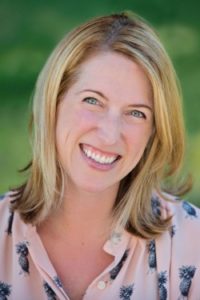
He sat behind a table decorated with twinkling lights, selling the rhyming books his sister had published — Snuggle Bunny, You’re My Boo and Twinkle, Twinkle, Little Car. A rising star in the children’s book world, Kate had signed a deal for her fourth book, but the young author died at age 43 of Creutzfeldt-Jakob Disease (CJD), a rare degenerative disease, in October 2018. Though she will never see it in print, Hurry Up: A Book about Slowing Down is scheduled for release this spring (2020).
Famous Pittsburgh writers such as Jonathan Auxier (Sweep, The Night Gardener) and Sharon Flake (The Skin I’m In) participated to honor the author with the radiant smile and rhyming prose. Twenty-five authors and illustrators participated. Many had known Kate as a friend and encouraging mentor through her leadership role in the Society of Children’s Book Authors and Illustrators.
“It was awesome participation from the children’s lit community,” said Kate’s husband, Josh Dopirak, also a 1998 Allegheny graduate. The event benefited Reading is Fundamental, one of Kate’s favorite charities where a fund was established in her name.
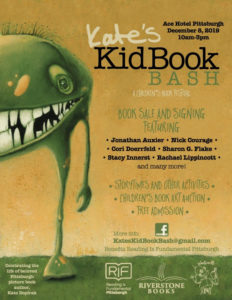
“Writing is not an easy life. There is a lot of rejection and disappointment,” said Betsy Fitzpatrick, co-organizer of the event and a writer-friend of Kate. “Kate mentored other writers and helped them through the process. Everyone loved her for her bubbly personality, but she was one of the best critical thinkers I’ve ever met. She made a difference to everyone she met either by the impact she had on your work or how she made she feel as a person.”
Kate developed some of those critical thinking skills at Allegheny College, where she studied English and education. She found inspiration in a creative writing class she took there, said her husband, Josh. She was both a serious student and very social, making many friends in her sorority of Kappa Kappa Gamma and elsewhere on campus.
“She had this most infectious smile and great laugh. There was just something about her spirit that would draw people in,” said Beth Cuneo Dopirak, her roommate at Allegheny. “She loved the tight-knit community of Allegheny.” After Kate began dating Josh her senior year, she introduced Beth to his brother, Ryan, knowing he would be the perfect match for her. The best friends would become sisters-in-law after college.
After graduation, Kate became an elementary school teacher in Hampton School District. She then started writing poems and short stories in Highlights magazine and slice-of-life columns for the Pittsburgh Post-Gazette.
But the path to getting published as a picture-book writer took years. She ignored the common advice that agents and editors give writers: Don’t do rhyming verse. One of the hardest things to do well, rhyming stories often come out forced. “But Kate was true to herself,” Fitzpatrick said. “She liked rhyme and it was her strong suit. She stuck with it thankfully because now the world has her books.”
She would write every day, and also read to her two boys, Joey and Bobby, daily.
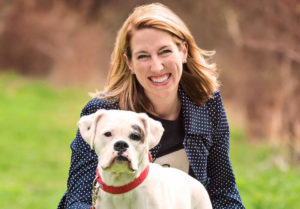
Kate was so dedicated to her craft that she would file her rejection letters from agents and editors in a binder, absorbing the feedback and making changes. “She would get frustrated at times but she would just go forward,” Josh said.
When Kate finally broke into the children’s book market, it happened swiftly. She signed with an agent at Adams Literary, and just three weeks later, she landed a deal with Scholastic for Snuggle Bunny, which was published in 2016. “She was surprised and ecstatic,” Josh said.
Then came more rejection. “She went through three years when she didn’t sell anything,” Josh said. “What was important was that the children’s writing community was supportive and encouraging.”
That support went two ways. As her star rose as she published You’re My Boo and Twinkle, Twinkle, Little Car, she mentored other writers.
Kelly Riehl Conroy ’98 met Kate during her first year at Allegheny and became closer with her after graduation as she sought advice about writing. The two bonded as Kate critiqued her work and celebrated all of her small victories along the way. Conroy, in turn, helped Kate do book launch parties.
“Katie taught me that to be a better writer, you have to tap into the weirdest, most embarrassing parts of you to find your unique stories and voice,” Conroy said. “She was always sophisticated, poised, and cool. I assumed my goofiness and immaturity made us a bad friend match, but I was wrong. She not only liked but celebrated the weirdness in me. She turned my insecurities into my strengths and helped me be more ‘me.’ She didn’t love people despite their bumps and bruises, she loved people because of them.”
The day after Kate’s Kid Book Bash, Conroy got an offer from an agent and is now represented.
“She was my cheerleader and my teacher,” Conroy said. “She really took me under my wing. She was always building everyone else up.”
In an era of email and texts, Kate sent handwritten notes to writers, encouraging them on their road to publishing. Fitzpatrick once got a card with a big sun on it, telling her how proud Kate was of all the hard work she was putting into a middle-grade novel that was still very much a work in progress. “Who does that?” Fitzpatrick said. “It was very Kate.”
Beth Dopirak also got notes from her former college roommate and sister-in-law. Beth and other sorority sisters participated in Strides for CJD, a walk/run fundraiser, in Pittsburgh in 2019. They formed a team called “Kappas for Katie.”
Those who couldn’t make the walk donated to the team. “Everyone in their own way tried to honor Kate,” Beth said. “She was so beloved.”
